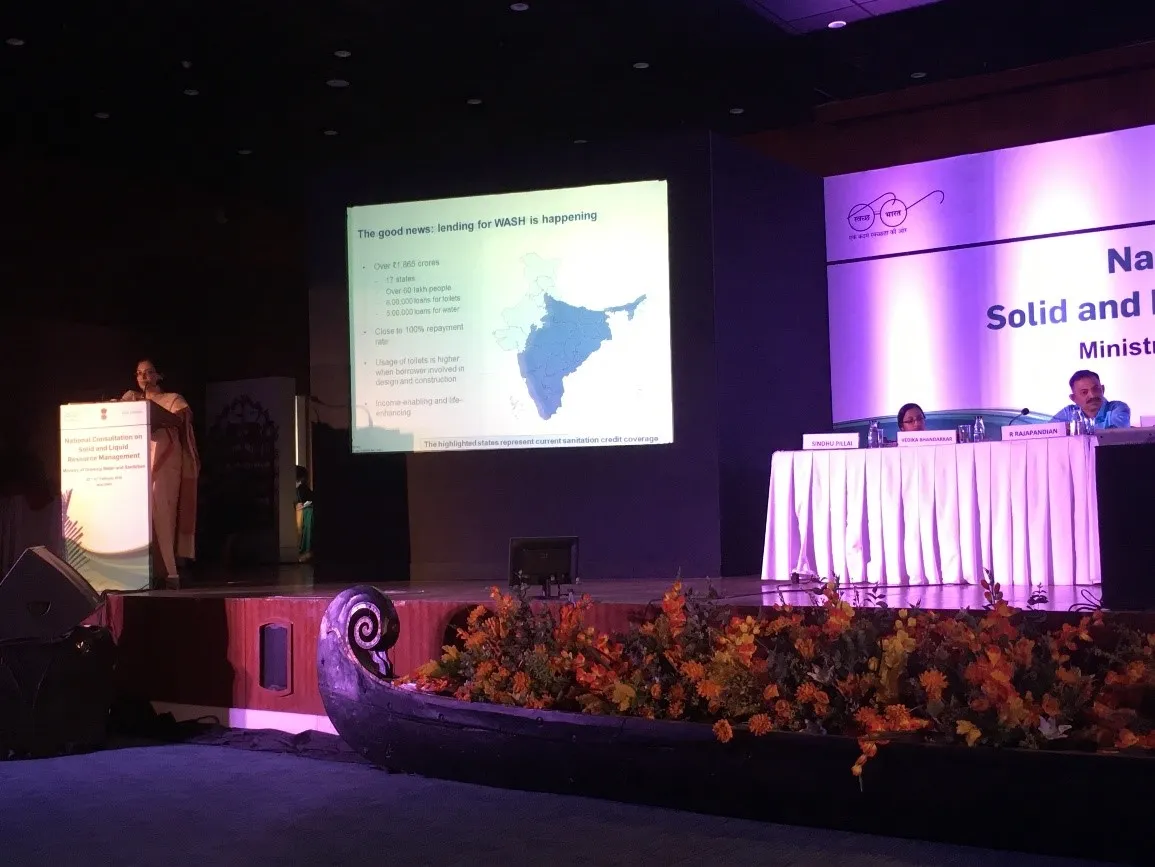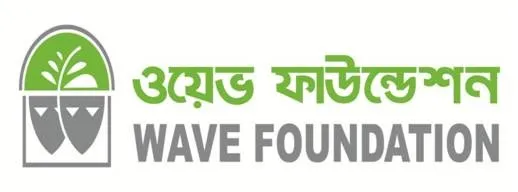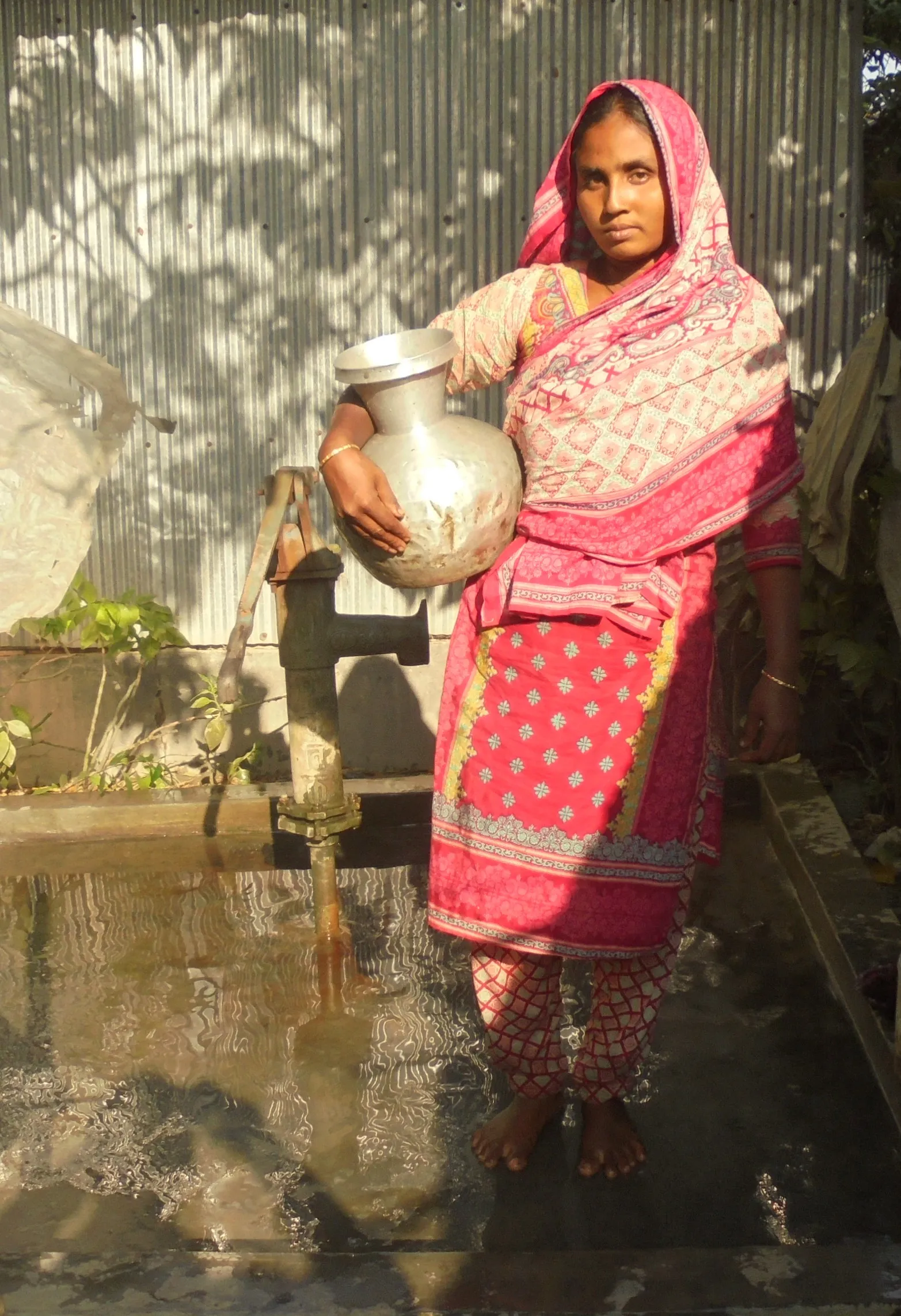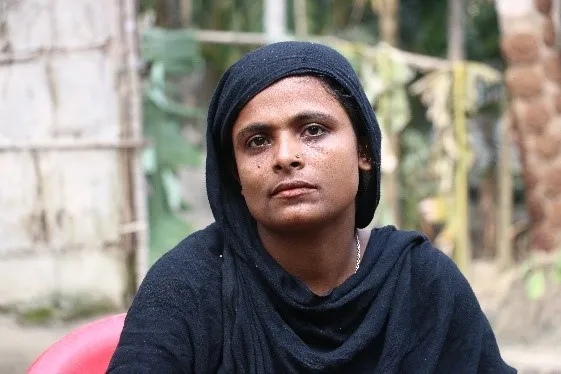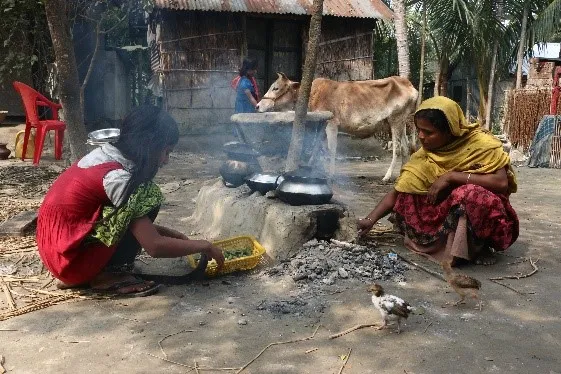South Asia Newsletter - February 2018
Indian Ministry of Drinking Water and Sanitation Invites Water.org to Participate in National Sanitation Workshop
The Indian Ministry of Drinking Water and Sanitation (MDWS) held a 2-day workshop on Solid and Liquid Resource Management on February 22nd and 23rd in New Delhi. This workshop brought together Swachh Bharat Mission (SBM) directors and district collectors from across the country to discuss various themes. “Credit financing in the sanitation sector” was selected as a prominent theme for the workshop and Water.org was invited to anchor a 90-minute session on this topic.
Water.org spoke about existing lending models, experience of banks, and what needs to be done to increase allocation of credit in this sector. Three Water.org partners spoke about their experiences: DHAN (about bank-SHG model), IDFC Bank (about direct bank lending and lending through business correspondents), and Svadha (about the role of enterprises in the sanitation supply chain). A speaker from Tata Trust spoke about employability potential in the sector. After questions from the audience, the session ended with a video where borrowers from different states talked about their reasons for building toilets and getting water connections, as well as their experience of borrowing for building toilets and water connections.
Water.org also prepared a handbook for the MDWS which will be featured on their website and sent to all states in the country in the coming weeks.
Photo: India Managing Director, Vedika Bhandarkar, speaks at the MDWS event in New Delhi
After Relying on Her Neighbors for Water, Rabeya Now Has a Well to Call Her Own
At 31 years old, Rabeya Khatun is a house wife and micro entrepreneur. She lives with her husband and two children in Mondolgati, a village in the Jessore district of Bangladesh. Rabeya and her family used to have to go to the river for bathing, but the poor water quality and lack of privacy made her feel unsafe. She installed a low-cost shallow tube-well in her home but there was no platform and the water was not safe to drink. Rabeya was forced to buy drinking water from neighbor’s tube-well which was far from her home.
Rabeya is a member of Kashful-1, a microcredit group member of the WAVE Foundation. She became interested in taking out a loan for a tube-well after representatives from the WAVE Foundation made a presentation to Kashful group members in her village.
Rabeya is proud that she installed a tube-well on her own and that she has already paid 22 of the 46 installments toward the loan from her own income making paper packets. Today, Rabeya and her family feel safe when bathing at their tube-well platform. They not only use the new tube-well for drinking and washing, but also for watering the garden and cleaning their clothes. Now,Rabeya’s neighbors come to her tube-well to collect safe water and she is proud to serve them.
